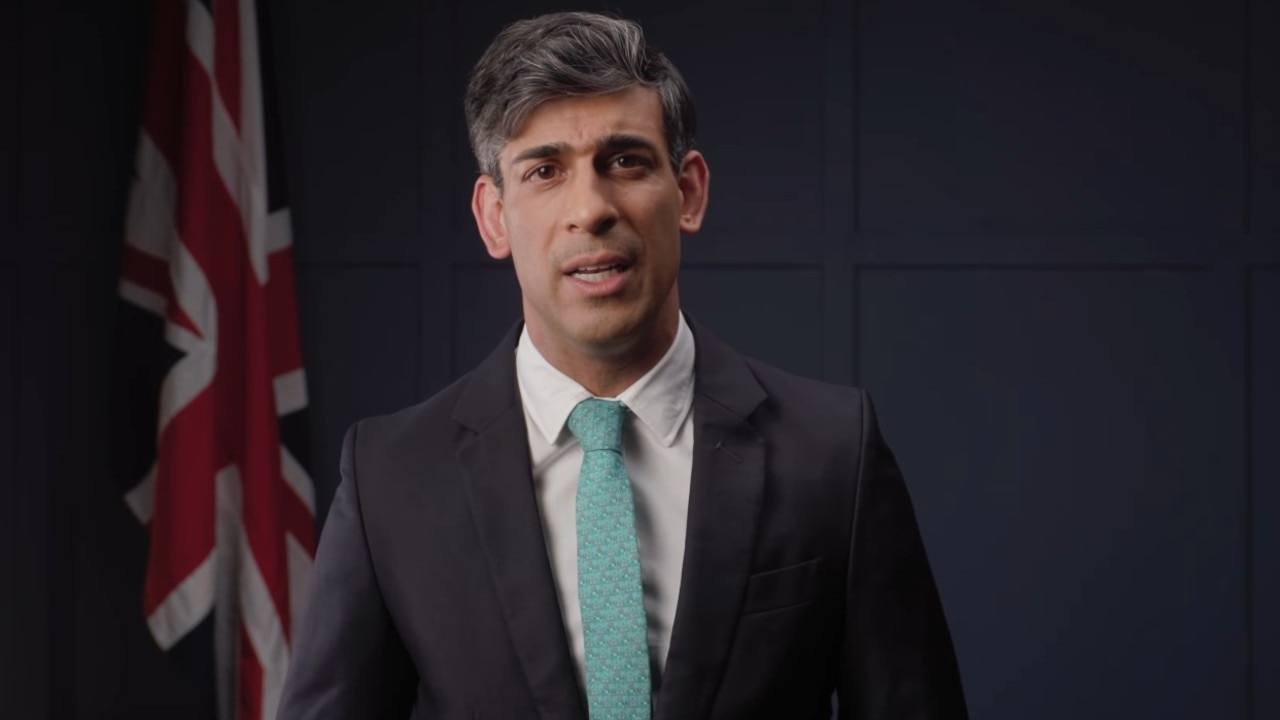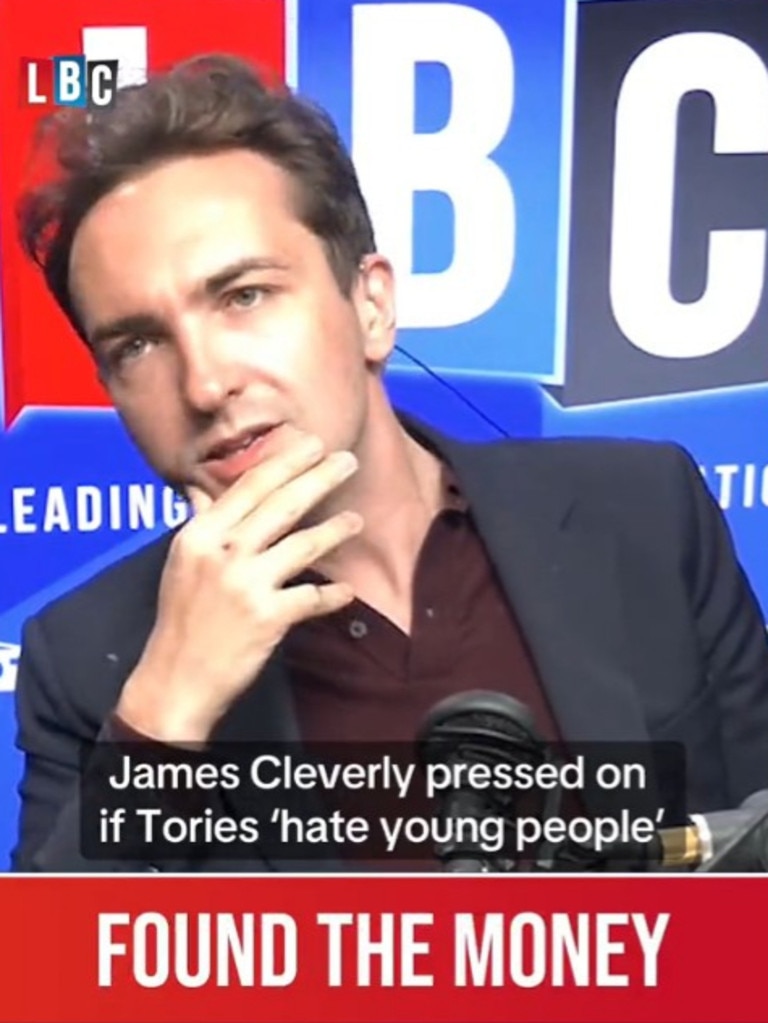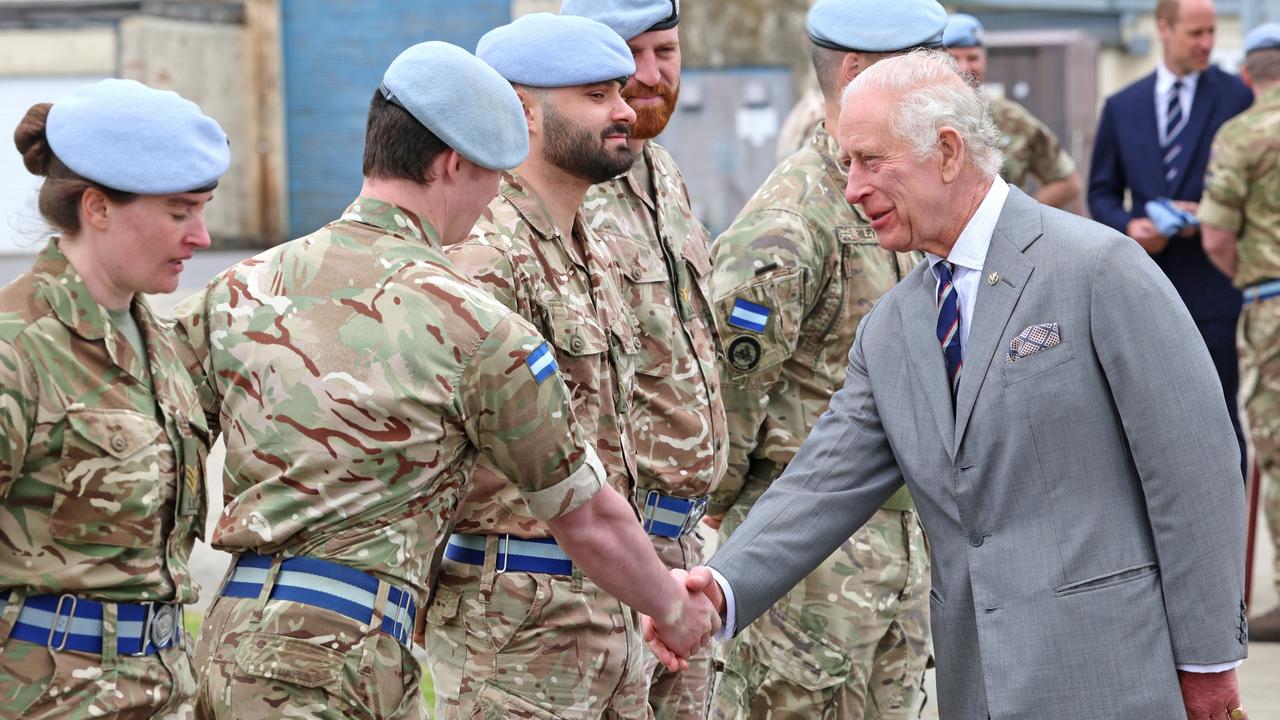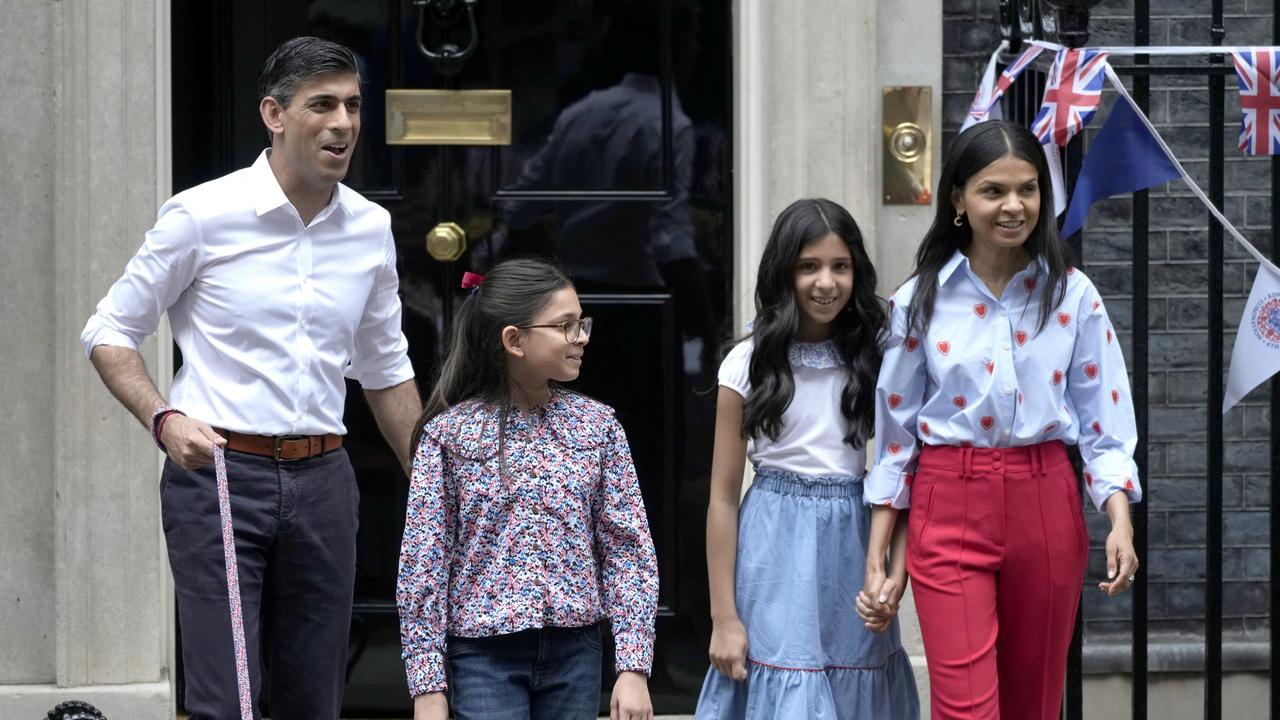Teens in disbelief at UK Prime Minister’s vow to bring back national service
Furious young Brits have erupted over the UK Prime Minister’s plan to bring back compulsory National Service for every 18-year-old.
Young Brits have erupted over UK Prime Minister Rishi Sunak’s vow to bring back compulsory National Service if his party wins the election.
The proposed scheme would see every British 18-year-old serve their country for a year and choose between a full-time placement in a branch of the Armed Forces or volunteering with charities or civic groups on weekends.
Mr Sunak’s reasoning for the new National Service was that “generations of young people have not had the opportunities or experience they deserve”.
The PM also claimed the plan would “create a shared sense of purpose among our young people and a renewed sense of pride in our country.”
UK teacher Lee Parkinson, who is also an author and podcaster, said he could think of many better options to help young people grow up with more pride in Britain.
“The ability for young people to be able get on the housing market at some point in their lives … investment to make sure there are enough teachers in our schools so our education system can continue and is sustainable … better mental health support, the ability to see a GP within a couple of days maybe,” he said in a TikTok reacting to the announcement.

British journalist Lewis Goodall, 34, pressed UK Home Secretary James Cleverly, 54, on how young people would feel on radio station LBC.
“Can you understand that if you’re a young person you might be forgiven for thinking that the Conservative Party doesn’t like me very much?” Goodall said.
“You triple their tuition fees, you took their right to go work and study in Europe without impediment away, you didn’t fund their education pandemic recovery plan properly because your Prime Minister, when he was Chancellor, said you didn’t want to find the money, but now you have found the money to make them go and do something when they’re fully grown adults at the weekends or make them join the military.”
Mr Cleverly responded: “We are trying to address some of the challenges, some of the difficulties young people face.
“I speak to young people a lot … when I was in London I heard people say they didn’t mix with kids from the next door postcode.”
Goodall interjected: “Pensioners don’t do that, Home Secretary. Pensioners don’t mix with people from next door postcodes. It doesn’t mean you’re forcing them to go and mix with people.”


Social media was flooded with furious comments from young Brits terrified of the prospect of serving in the army.
“Best thing I’d say. Well done Sunak,” one man wrote, prompting a fiery response: “Yeah, because you’re a fossil and it won’t affect you.”
“I think it’s good. Will bring back discipline in youngsters,” wrote another Boomer.
That comment triggered this sarcastic response: “When did you serve?”
Some asked if a video of Mr Sunak, 44, announcing the plan was “actually real” or “is this AI?”

Many young people discovering the plan through snippets of Mr Sunak’s speech on social media wanted to know what would happen to their higher education, weekend jobs, and apprenticeships.
“So I have a full time apprenticeship at 16 which is going to last four years, do I have to do weekend work as well when I turn 18?” one teen asked.
“I’m 16, in two years I’ll be 18 but I have an apprenticeship, so what then? Just have to give my weekends away even though I work all week,” said another.
“So 18-year-olds who work on the weekend are going to have to give that up to unpaid work?” questioned someone else.
One mum wrote: “My daughter’s 17 and already working most weekends and during school holidays.”
“He doesn’t understand that working class children who are in full time education already most likely work on weekends,” another comment read.
Mr Sunak and his wife Akshata Murty’s wealth is estimated at £651 million ($1.25 billion) in the latest The Sunday Times Rich List. Mr Sunak is a former hedge fund manager but Ms Murty is the daughter of one of India’s richest men. The couple have two young daughters.

Young Brits were baffled that they would not have a say in the proposed National Service scheme given they could not vote.
“That isn’t fair. It’s something that impacts us kids and we don’t even get to vote or get a say in it,” commented one person on a video the UK Conservative Party posted of Mr Sunak specifically addressing TikTok users.
“I love how a policy that ONLY affects young people (who can’t even vote yet!) is to appeal to older voters?!” another top comment read elsewhere.
“The National Service idea is 100 per cent a last chance effort to get the 50+ population to vote for them by demonising the younger generation,” claimed a third.
A Royal Commission will be set up to look at how to roll out the scheme.
The first pilot will be open for applications from September 2025 — before rolling it out nationally to everyone by the end of the parliament, 2029-30.
It is expected to cost £2.5 billion ($4.8 billion) a year and will be paid for with cash from the UK Shared Prosperity Fund — created to help level-up Britain, and by cracking down on tax avoidance.
The British Army is at its smallest size since the Napoleonic Wars 200 years ago and there have been growing calls for a return to National Service in the wake of Vladimir Putin’s invasion of Ukraine.
The head of the Army said Britain should train a “citizen army” to be ready to fight on land.
Speaking earlier this year, General Sir Patrick Sanders said, “Ukraine brutally illustrates that regular armies start wars — citizen armies win them.”
The British Armed Forces has seen personnel numbers shrink by a third since 2000, according to the Ministry of Defence.
Britain is woefully underprepared and could not fight a “high-intensity” war, MPs on the Defence Committee warned.
It comes amid alarm at a rise in young Brits not in work or education.
Around 850,000 18 to 24-year-olds are not in education, work or training, up 20,000 in a year, according to the Office for National Statistics.
More Coverage
It is the highest since 2016 — and was driven by young men.
Britain introduced National Service in 1947 as the country recovered from the Second World War. It was scrapped in 1960.
– with The Sun






